Liberal-National Coalition Splits After Historic Election Defeat in Australia
Australia’s long-standing conservative alliance fractures after nearly 80 years, following a crushing electoral loss.Australia’s political landscape has been rocked by the collapse of the Liberal-National coalition, the country’s primary conservative alliance, following a sweeping federal election defeat. The split ends a political partnership that has shaped national politics for almost eight decades.
Just weeks after the Labor Party secured a decisive second term, Nationals leader David Littleproud announced on Tuesday that his party would not renew its formal coalition with the Liberal Party. Citing policy divisions and a need for political “rediscovery,” Littleproud emphasized the decision was not taken lightly.
“This is one of the hardest political decisions of my life,” he said. “But it’s time to take a step back, to focus on rebuilding, and to better serve Australians—especially those in the regions.”
The decision means the Liberal Party, now Australia’s second-largest parliamentary force, will continue as the official opposition alone. The Nationals, traditionally representing rural and regional areas with more conservative values, will not hold any formal opposition roles for the time being.
Liberal leader Sussan Ley expressed disappointment over the Nationals’ decision. “We respect David Littleproud and his team, but it's unfortunate they chose to walk away from the Coalition,” she said. Ley noted that the historic alliance was built on “shared values,” but the Nationals demanded specific policy commitments the Liberals were not prepared to give.
The rupture follows extended negotiations between the two parties after their election loss. Core disagreements included climate and energy policy, particularly around net-zero emissions and the Nationals’ controversial push for nuclear energy. Disputes also emerged over infrastructure funding and efforts to increase competition in the grocery sector.
Littleproud said he had a “respectful conversation” with Ley to inform her of the decision, stressing that the door remained open for future reconciliation. “We’ve rebuilt the Coalition before,” he said. “With time, we can do it again. But if that doesn’t happen, we’re prepared to go it alone at the next election.”
The last major Coalition split occurred in 1987, and while the partnership has weathered tensions over the years, this latest break represents one of the most significant in modern Australian politics.
In the recent election, the Liberal-National coalition lost 15 seats—14 of them from the Liberal side. The Liberals suffered significant defeats in urban and moderate electorates, with analysts attributing the losses to former leader Peter Dutton’s divisive leadership and populist rhetoric. Sussan Ley, who succeeded Dutton, has pledged to steer the party back toward the political centre.
For now, the once-unified conservative bloc stands divided, setting the stage for a period of political redefinition on the Australian right.



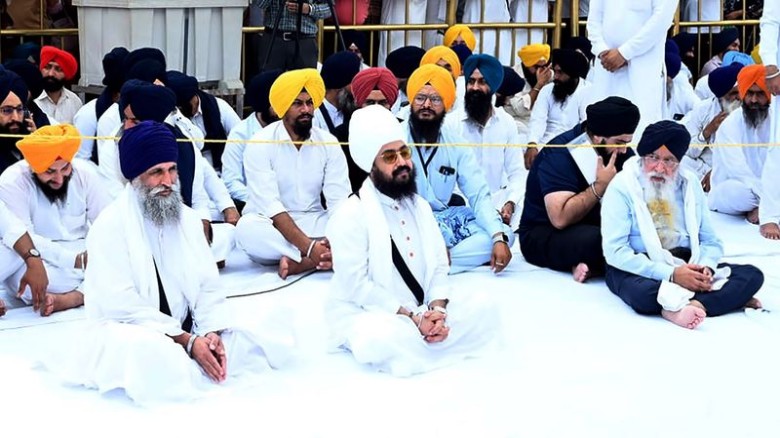

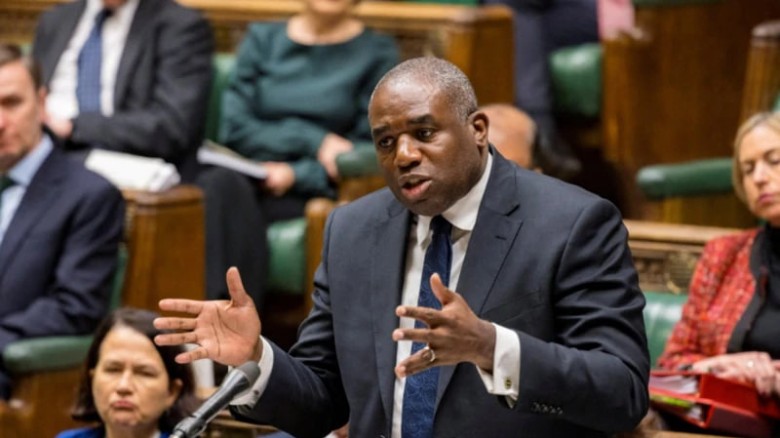
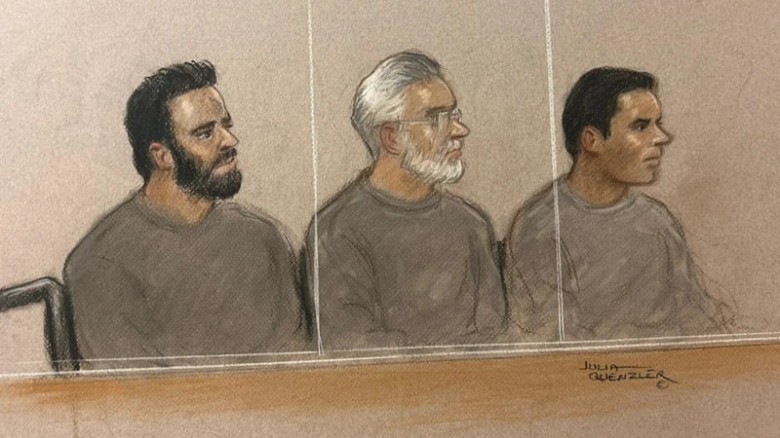


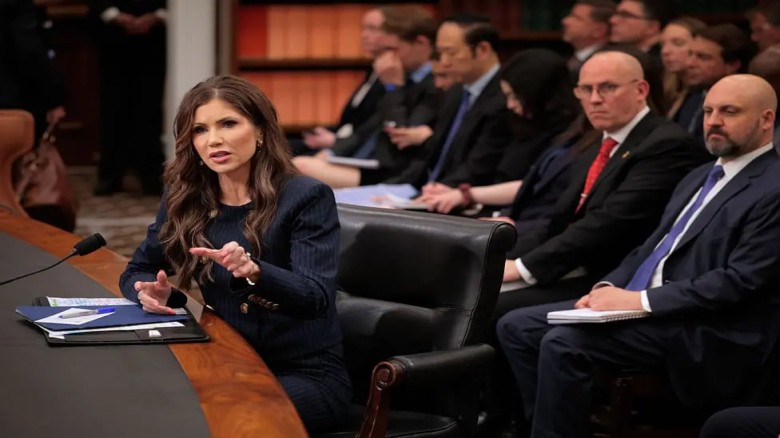
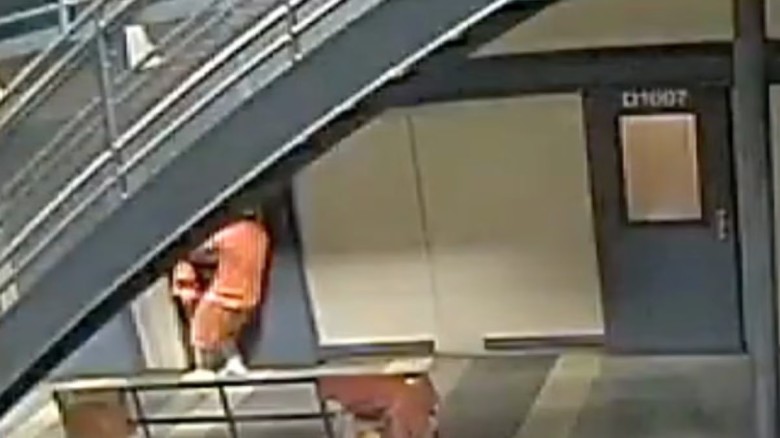

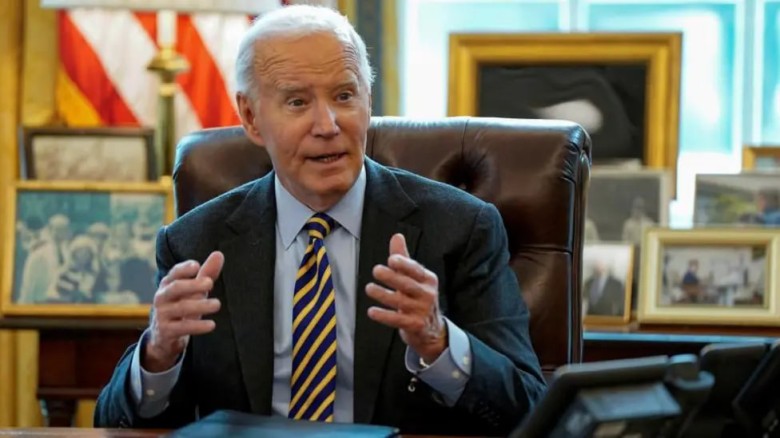


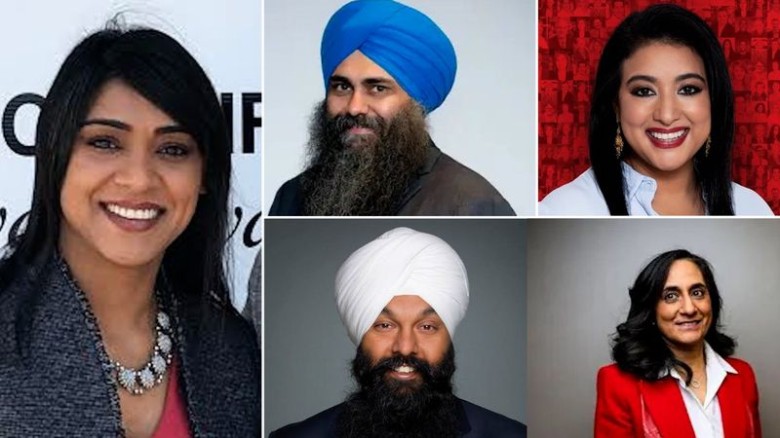

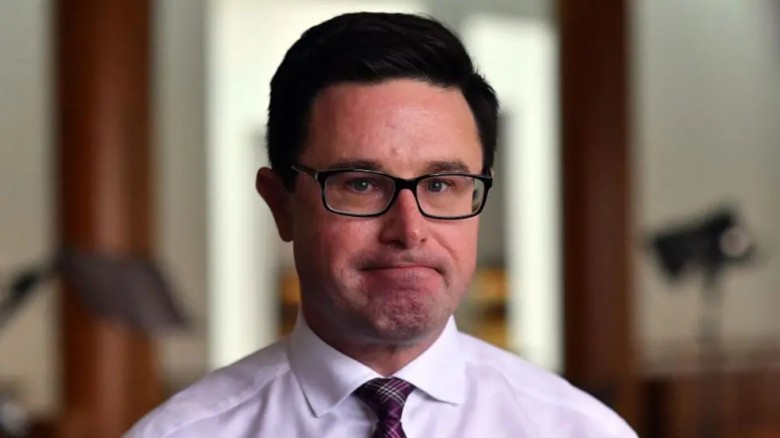

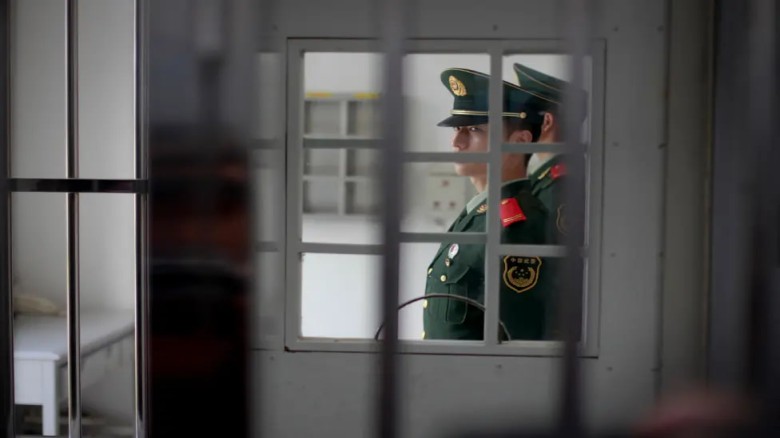


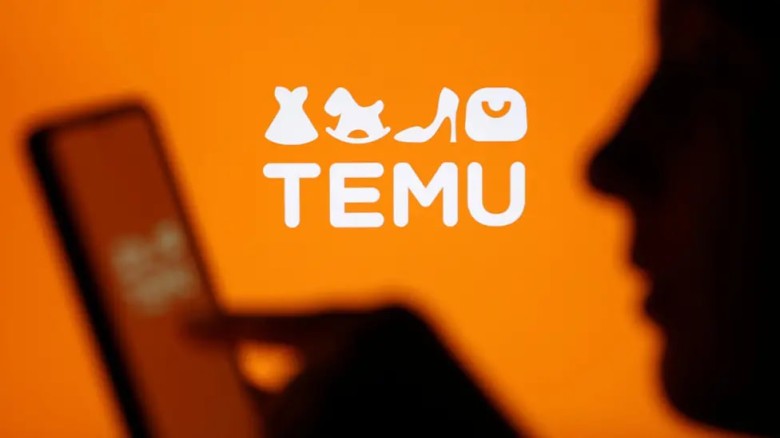
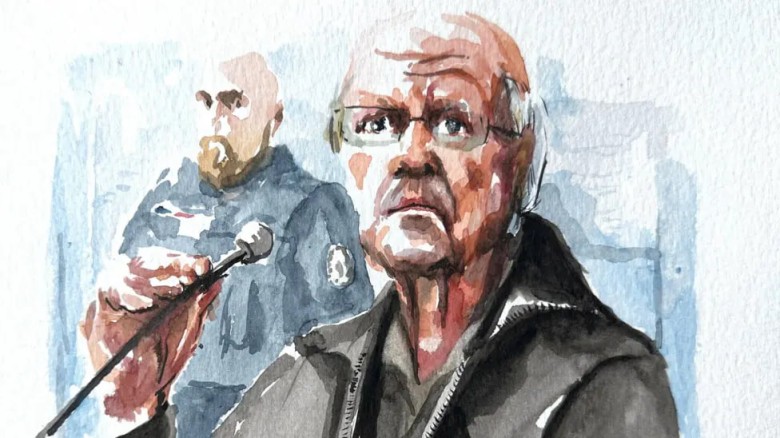
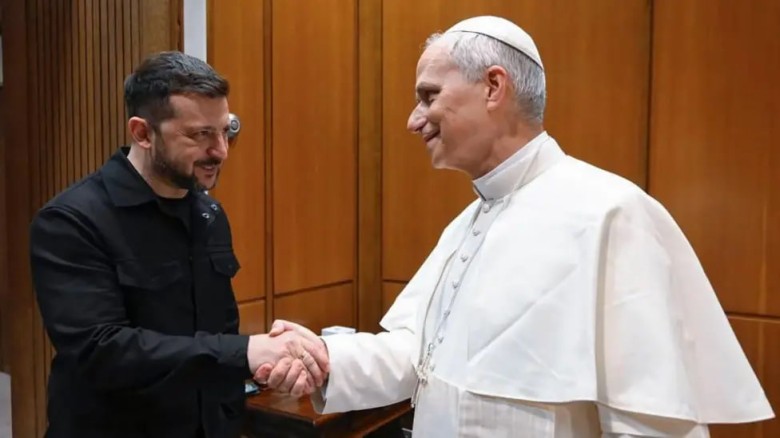

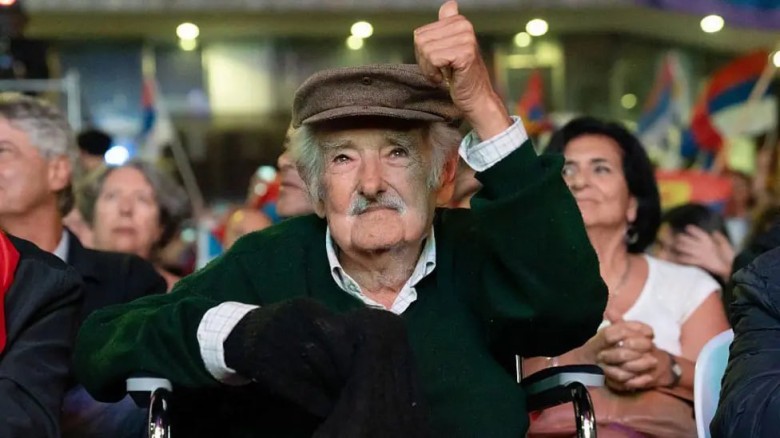
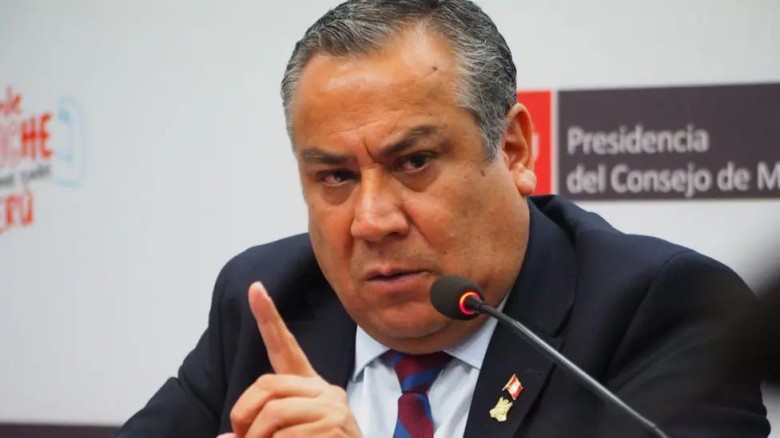










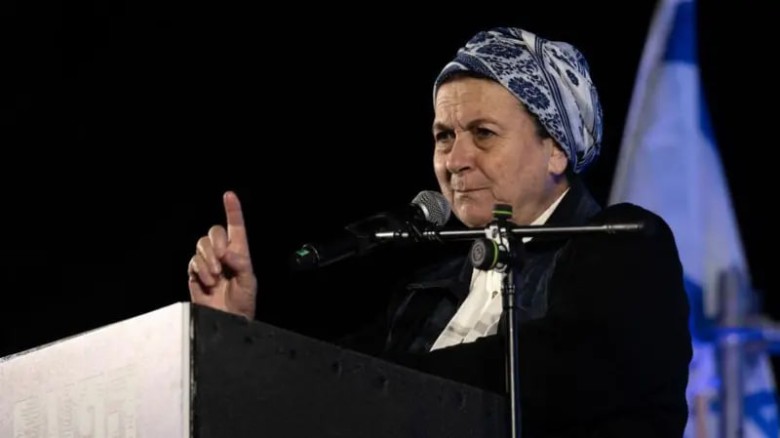
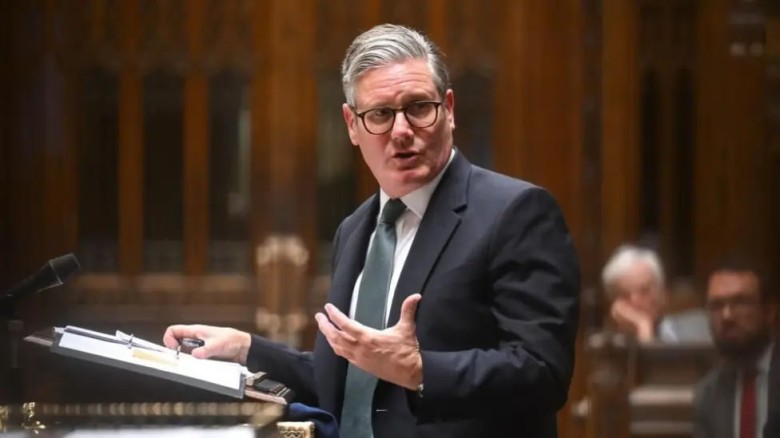









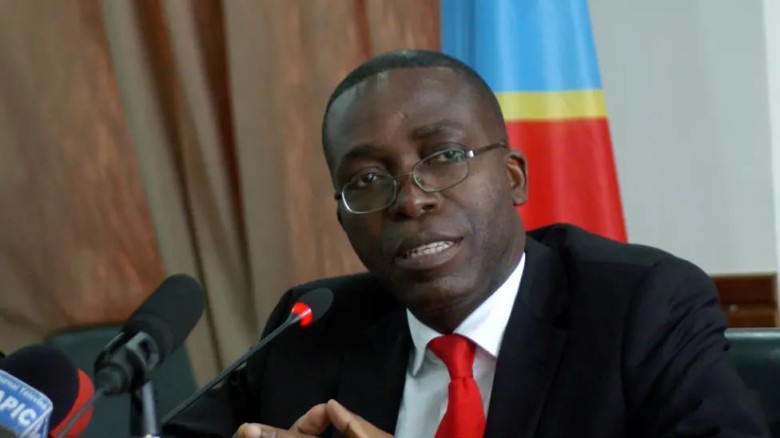

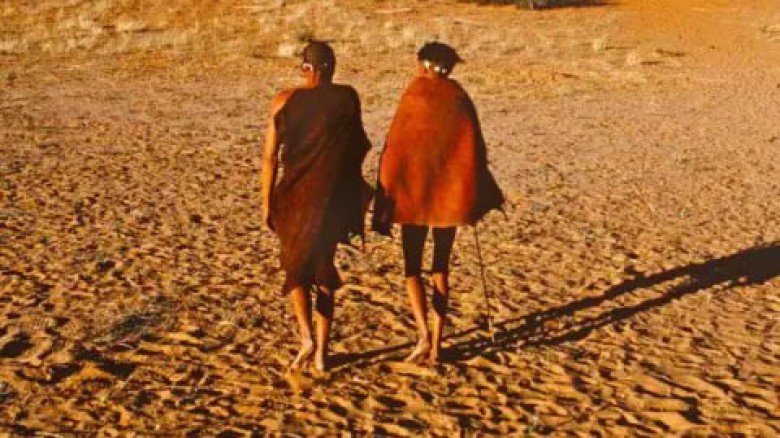
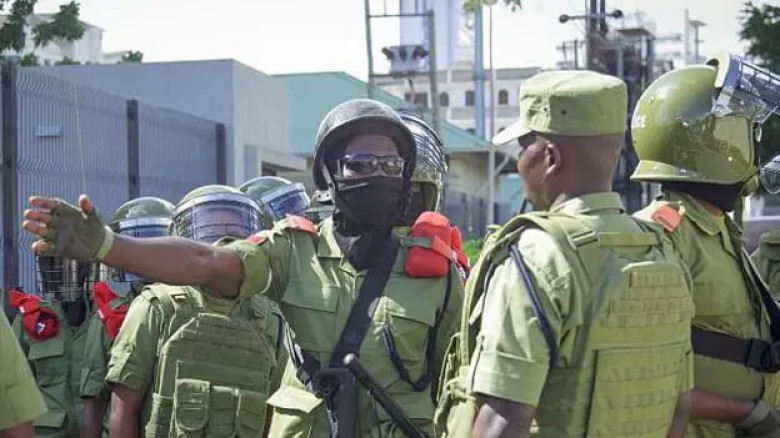



















Leave A Comment